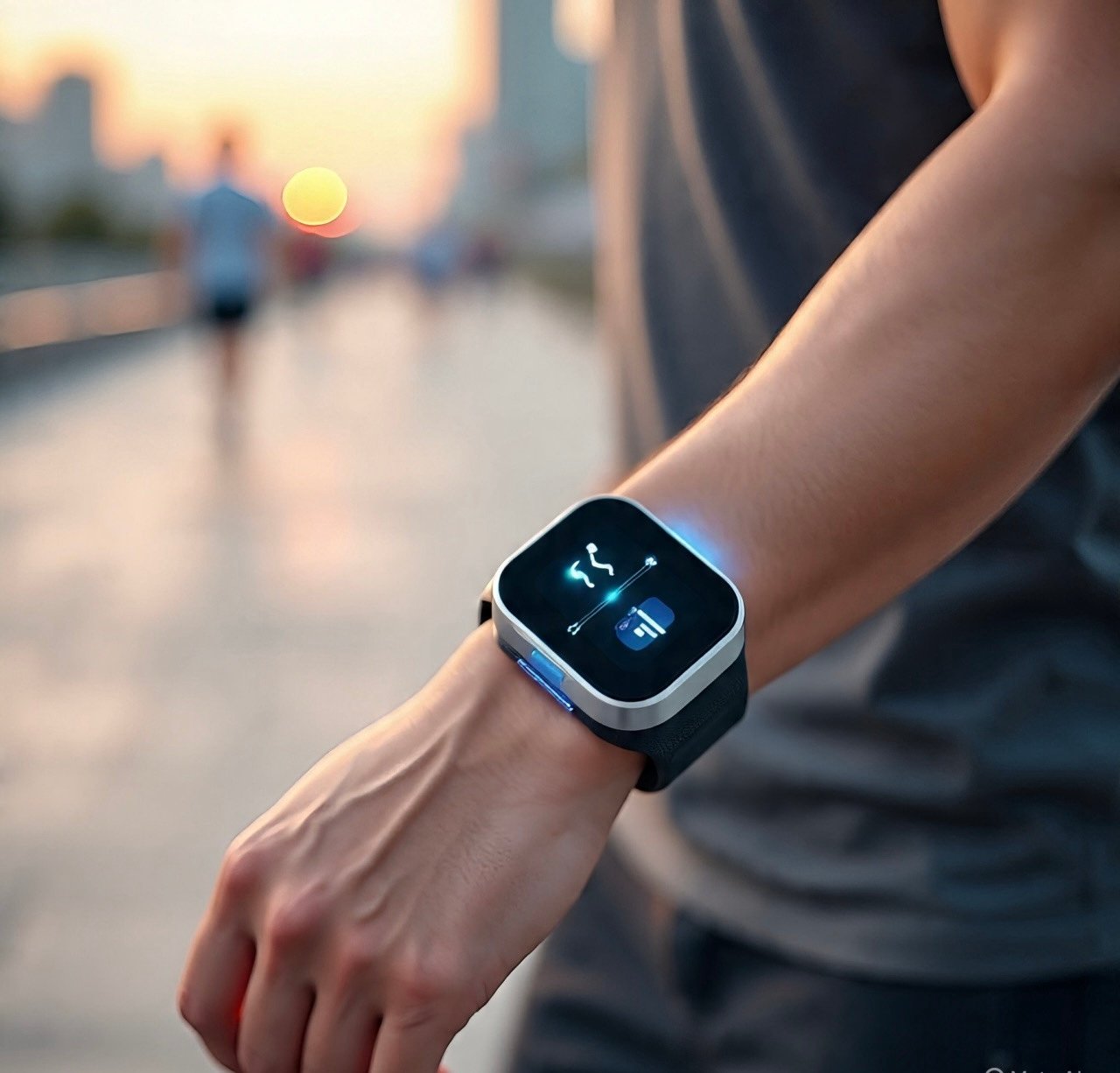Pistachios Join Carrots as Vision-Boosting Superfoods
Carrots have long been praised for eye health. However, new Tufts University research shows pistachios may also enhance vision naturally and effectively.
A study highlights lutein, a powerful antioxidant in pistachios, that increases macular pigment optical density, protecting eyes from age-related vision decline.
How Pistachios Improve Vision
Researchers led by Tammy Scott studied adults who consumed two ounces of pistachios daily for 12 weeks compared to standard diets.
Results showed pistachio consumption significantly improved macular pigment levels. Participants on lutein-poor diets experienced no meaningful change in their eye health.
Why Pistachios Are Eye-Friendly
Lutein, typically abundant in green leafy vegetables, builds macular pigments in the retina. Healthy fats in pistachios improve lutein absorption substantially.
This unique nutrient combination enables the body to utilize lutein more effectively, strengthening natural defenses against oxidative stress and vision deterioration.
Study Details
The trial included 36 healthy adults aged 40–70. One group followed a lutein-poor diet, while the other ate two ounces of pistachios daily.
After six weeks, the pistachio group demonstrated measurable improvements in macular pigment optical density, confirming pistachios’ role in supporting vision health.
Additional Benefits of Pistachios
Nutrient-Rich
Pistachios provide protein, fiber, healthy fats, and vitamins B1 and B6, supporting energy, metabolism, and overall wellness.
Antioxidant Power
Their high antioxidant content supports cardiovascular health, reduces oxidative stress, and improves cholesterol balance naturally.
Blood Sugar Support
With a low glycemic index and rich fiber, pistachios help stabilize blood sugar levels and support healthy metabolism.
Skin and Eye Support
Vitamin E in pistachios nourishes the skin, blocks UV damage, and works alongside lutein to protect eye function.
Low-Calorie Snack
Nutrient-dense and calorie-conscious, pistachios make an ideal, satisfying snack for people aiming to improve long-term health.
Q&A: Pistachios and Eye Health
Q: How many pistachios should I eat for eye benefits?
Two ounces daily, about 49–50 unshelled pistachios, provide sufficient lutein and essential nutrients to protect and support vision.
Q: Can pistachios replace leafy greens in my diet?
No. Pistachios complement leafy greens like spinach and kale. Together, they ensure better lutein intake and overall nutrient balance.
Q: Are salted pistachios as effective as unsalted ones?
Unsalted pistachios are preferred because they limit sodium intake while still delivering lutein, antioxidants, and healthy fats effectively.
Frequently Asked Questions (FAQ)
1. Can pistachios prevent age-related macular degeneration?
Regular intake supports macular pigment density, which may protect against degeneration, but it cannot guarantee complete prevention.
2. Do pistachios improve night vision?
While pistachios increase lutein absorption, improved night vision depends on diet quality, eye health, and consistent lifestyle practices.
3. Are pistachios safe for everyone?
Yes, generally safe in moderation. However, individuals with nut allergies should avoid pistachios or consult a medical professional first.
4. Can children benefit from pistachios for eye health?
Yes. Pistachios supply lutein and essential nutrients beneficial for children’s growth and eye development, but serving sizes should be age-appropriate.
Final Takeaway
Pistachios are emerging as a powerful superfood for eye health. Just one serving daily improves lutein absorption and enhances long-term vision support.
Incorporating pistachios into your diet complements carrots and leafy greens, nourishing the body, protecting the eyes, and boosting overall wellness.
Disclaimer: The information provided in this article is for general informational purposes only and should not be considered medical advice. Always consult a qualified physician or healthcare professional before starting any new health practice, treatment, or following the tips mentioned here.




